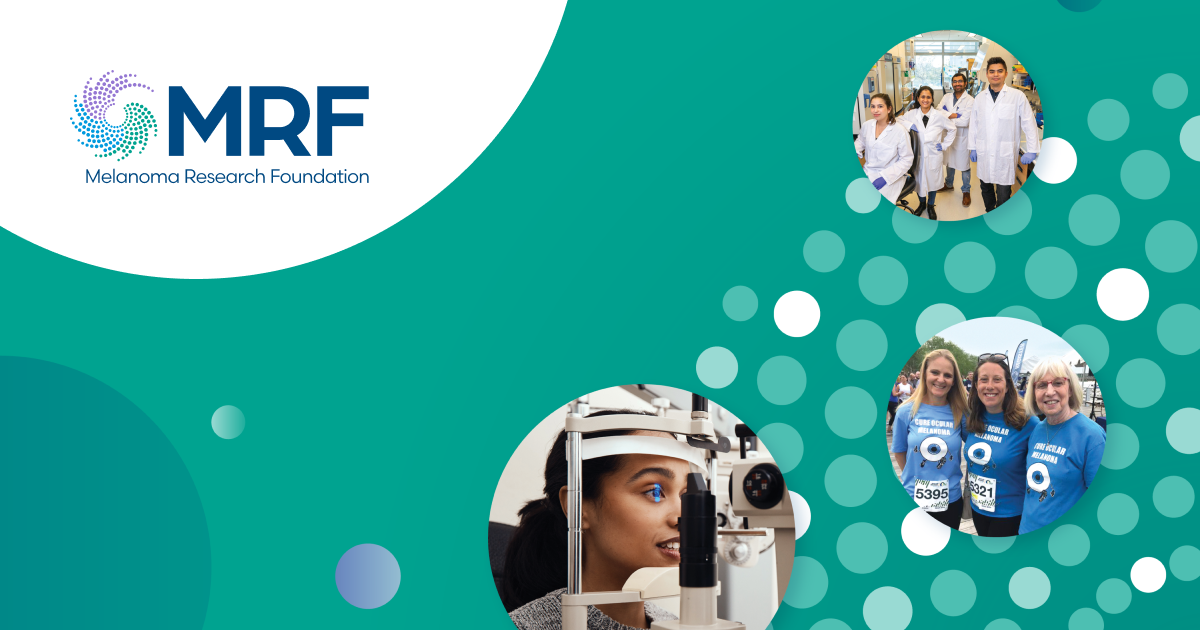Guest Post: No Such Thing as “Just a Volunteer”

Our National Director of Volunteer Services, Mary Antonucci, writes: “We really couldn’t do the work we do without our dedicated volunteers. There isn’t a single aspect of our mission that doesn’t depend upon volunteers, in some capacity. Their value to the organization is immeasurable.”
In these lean times, the resources of nonprofits across the country are being stretched like never before. Not only are we seeing a significant increase in needs, but we’re facing a decrease in the amount of money available to meet them. Ask anyone in the nonprofit sector to identify the key ingredient in achieving their organization's mission and they will all say the same thing: “Our volunteers.”
We really couldn’t do the work we do without our dedicated volunteers. The MRF relies on volunteers to raise awareness and educate their community. Our volunteers organize events that raise money to fund much needed research. They provide support to newly diagnosed patients who need a sympathetic ear. We turn to our volunteers to lobby Congress to pass legislation that will positively impact the melanoma community. We rely on our volunteer board of directors to govern the organization. There isn’t a single aspect of our mission that doesn’t depend upon volunteers, in some capacity. Their value to the organization is immeasurable.
It’s pretty clear what we get out of the deal, but what about our volunteers?
Would it surprise you if I said that people who regularly help others report greater life satisfaction and better general health than people who don’t? It’s true. There is even science to support it. Additionally, volunteers are five times more attractive than the general population.
Okay, even though that last part is only a theory, there is plenty of anecdotal evidence to support it!
But I digress. According to a Duke University study, adults who volunteer approximately 1-2 hours a week:
- experience declines in chronic pain intensity and decreased levels of disability
- decrease the likelihood of a second heart attack occurring
- find a greater source of purpose in their lives
- experience a reduction in symptoms of depression
Teenagers who volunteer see health benefits, too. Adolescents who pursue selfless acts like helping others, expressing gratitude, and working toward long-term goals are also at lower risk for depression. When we do something that helps another person or improves our community, our brains produce more of those feel-good neurochemicals like dopamine and serotonin. Pretty neat, huh?
These health benefits are pretty fantastic reasons to give some of your time to a good cause–but there’s more:
- Volunteer activities can connect you with your community and strengthen social ties
- Volunteering can provide a healthy boost to your self-confidence, self-esteem, and life satisfaction
- Doing good for others and your community, provides a sense of accomplishment
- Your role as a volunteer can also give you a sense of pride and identity
I know it can be difficult to find the time to volunteer. Sometimes it feels like there just aren't enough hours in the day. But think about how much you’ll get out of the experience.
So, what are you waiting for?
Find out more about volunteer opportunities with the MRF.
Additional resources:
Idealist Volunteer Resource Center
Written by Mary Antonucci, the MRF's National Director of Volunteer Services



